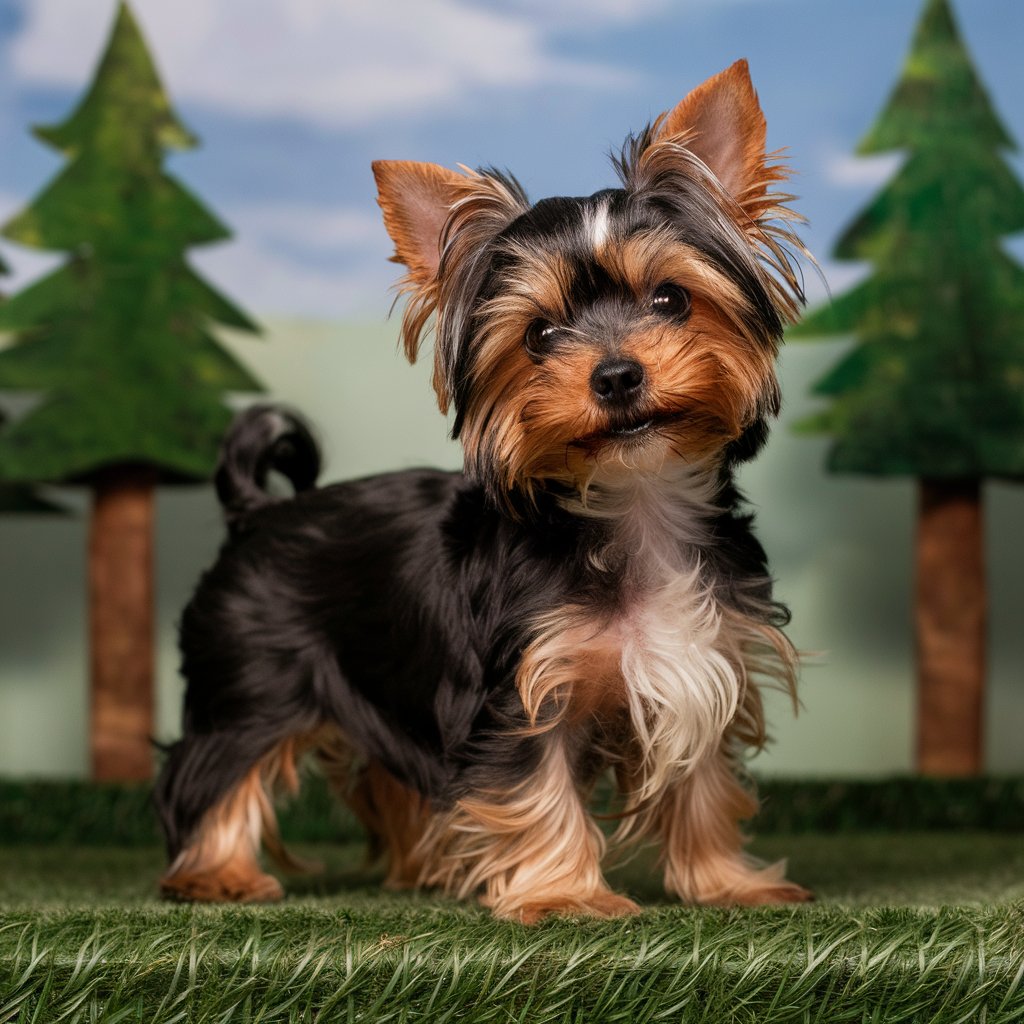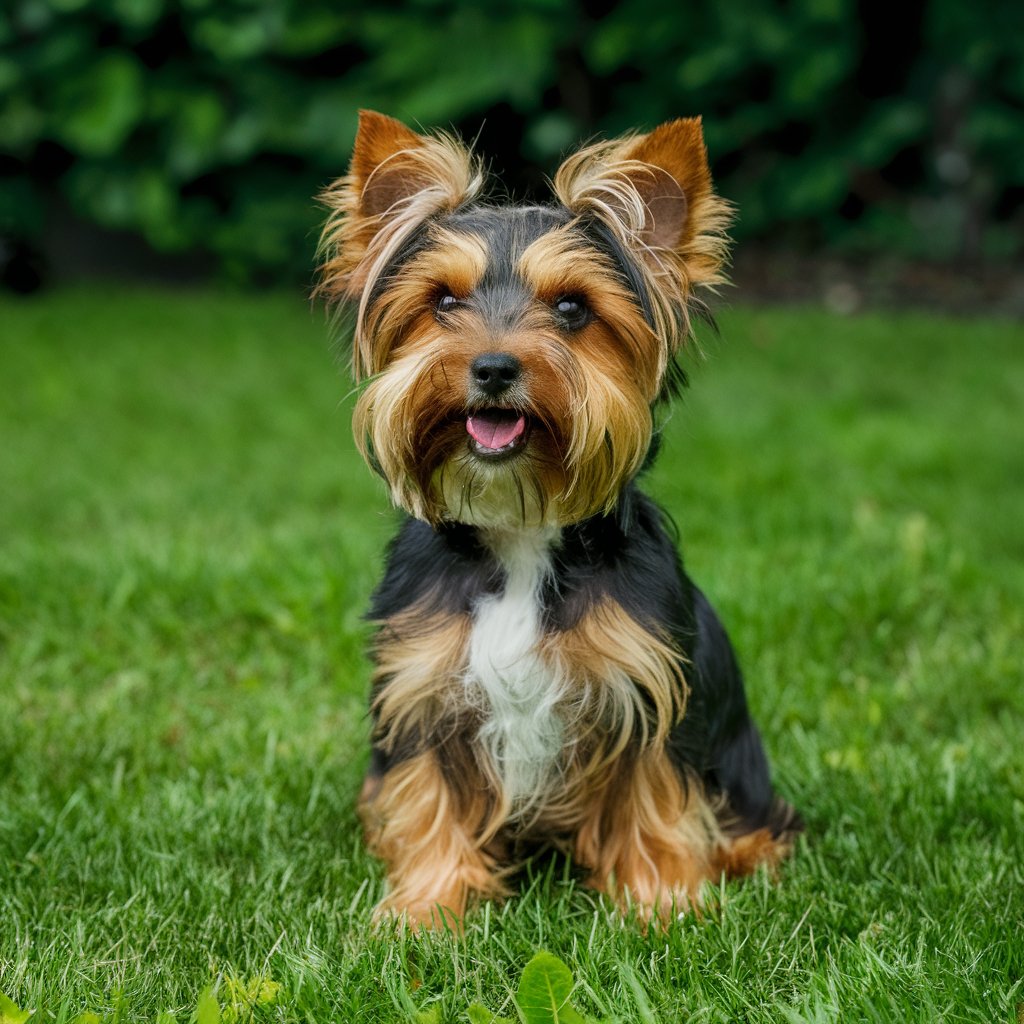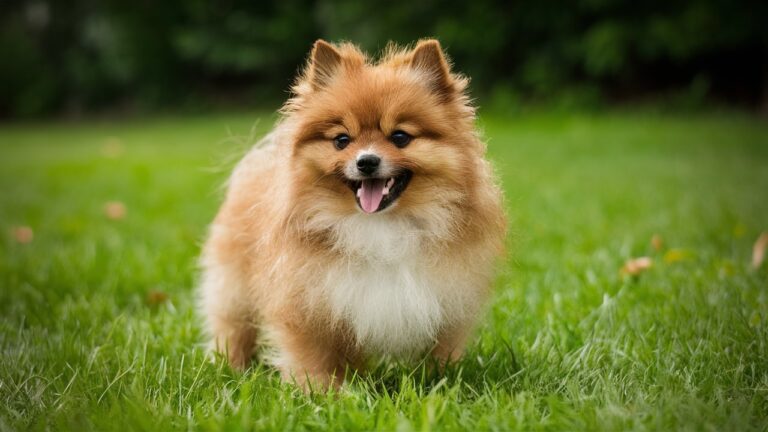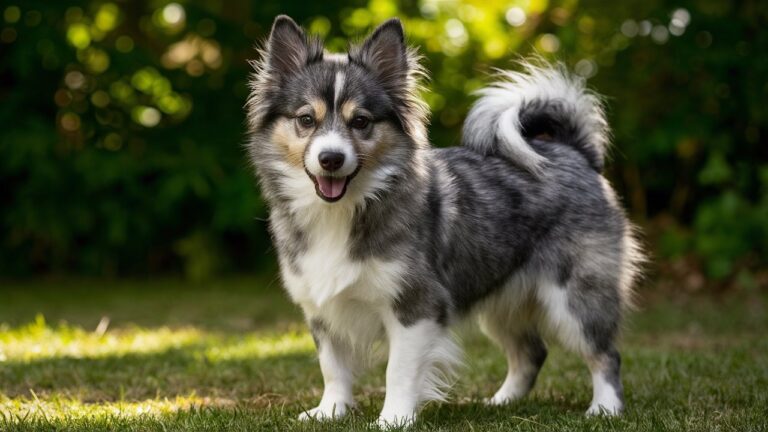100% Complete Yorkshire Terrier Guide: Essential Information Yorkshire Terrier
Yorkshire Terriers, affectionately known as Yorkies, are one of the most popular toy breeds in the world. With their silky coats, spirited personalities, and compact size, they make ideal companions for both city and country dwellers. In this comprehensive guide, we will explore the history, characteristics, grooming needs, health considerations, and share personal anecdotes to make the content relatable and engaging.
Table of Contents
ToggleHistory and Origin

The Yorkshire Terrier originated in the mid-19th century in Yorkshire, England. Initially bred to catch rats in clothing mills, Yorkies quickly gained popularity for their tenacity and striking appearance. They are believed to be descendants of various terriers, including the Waterside Terrier and the Manchester Terrier, among others. The breed’s small size made them ideal for working in confined spaces, while their brave and energetic nature ensured they were effective at their jobs.
Characteristics and Temperament
Physical Appearance
Yorkshire Terriers are known for their distinctive silky, blue, and tan coats. Despite their small stature, typically weighing between 4 to 7 pounds, they carry themselves with an air of importance and confidence. Their coats are straight and shiny, often growing long enough to reach the ground if left untrimmed. The breed’s eyes are dark and expressive, adding to their charming and alert expression.
Personality
Yorkies are renowned for their lively and feisty personalities. They are intelligent, curious, and full of energy, making them excellent companions for active individuals or families. Despite their small size, they possess a large, bold character and are not shy about expressing themselves. They are loyal and often form strong bonds with their owners, thriving on attention and affection.
Grooming and Maintenance
Coat Care
One of the most defining features of a Yorkshire Terrier is its coat, which requires regular maintenance to keep it looking its best. Daily brushing is essential to prevent tangles and matting. A metal comb and a pin brush are ideal tools for this task. Bathing should be done every two to four weeks using a gentle dog shampoo. Conditioners can also be used to maintain the silkiness of their coat.
Professional Grooming
Many Yorkie owners choose to have their pets professionally groomed every few months. This can include trimming the coat to a more manageable length, particularly if the dog is not being shown. A popular style is the “puppy cut,” which keeps the hair short and easy to care for. Regular visits to a groomer can also help with nail trimming and ear cleaning, both of which are important for the dog’s overall health.
Exercise and Activity
Yorkies may be small, but they are full of energy and require regular exercise to stay healthy and happy. Daily walks, playtime, and mental stimulation are important to prevent boredom and behavioral issues. They enjoy games like fetch and interactive toys that challenge their intelligence. Despite their size, they are quite agile and can excel in activities like agility training and obedience classes.
Health Considerations

Common Health Issues
Like all breeds, Yorkshire Terriers are prone to certain health problems. Some of the common issues include:
- Dental Problems: Yorkies are prone to dental issues due to their small mouths. Regular brushing and professional cleanings are essential to maintain oral health.
- Luxating Patella: This condition, where the kneecap dislocates, is common in small breeds. Maintaining a healthy weight and avoiding excessive jumping can help manage this issue.
- Hypoglycemia: Young Yorkies are susceptible to low blood sugar levels, which can be dangerous. Feeding small, frequent meals can help prevent hypoglycemic episodes.
- Tracheal Collapse: This occurs when the trachea weakens and can lead to breathing difficulties. Using a harness instead of a collar can reduce the risk of tracheal collapse.
Preventive Care
Routine veterinary check-ups are crucial for maintaining the health of a Yorkshire Terrier. Vaccinations, dental care, and parasite prevention should be part of their regular healthcare routine. A balanced diet, appropriate for their age and activity level, is also essential. Owners should be vigilant about any changes in their dog’s behavior or health and seek veterinary advice when needed.
Personal Anecdote: Life with a Yorkshire Terrier
Let me share a personal story about my experience with my Yorkshire Terrier, Bella. Bella came into our lives as a tiny, energetic bundle of joy. Despite her small size, she quickly made a big impact on our household.
Bella’s playful nature was evident from the start. She would chase after toys with relentless enthusiasm, her tiny legs moving faster than we thought possible. One of her favorite activities was “hide and seek.” We would hide her favorite toy somewhere in the house, and she would use her keen sense of smell to track it down, tail wagging furiously when she found it.
Grooming Bella was a learning experience. Her beautiful coat required daily attention, and we developed a routine that made it a bonding time rather than a chore. She would sit patiently on my lap as I brushed her, enjoying the gentle attention. Regular visits to the groomer kept her looking neat and tidy, and she always came back with a jaunty little bow in her hair, looking very pleased with herself.
Bella’s loyalty and affection were unmatched. She had a keen sense of when someone in the family needed comfort and would snuggle up to them, offering silent support. Her presence brought immense joy and comfort to our home, and her spirited personality kept us entertained every day.
Training Tips
Yorkshire Terriers are intelligent and eager to please, making them relatively easy to train with consistency and positive reinforcement. Here are some training tips:
- Start Early: Begin training and socialization early to establish good habits and prevent behavioral issues.
- Positive Reinforcement: Use treats, praise, and play to reward good behavior. Yorkies respond well to positive reinforcement.
- Consistency: Be consistent with commands and rules. This helps your Yorkie understand what is expected of them.
- Patience: Training a Yorkie requires patience, especially with housebreaking. Be persistent and patient, and avoid punishment-based training methods.
- Socialization: Expose your Yorkie to different environments, people, and other animals to help them become well-rounded and confident.

Conclusion
Yorkshire Terriers are a remarkable breed with a rich history, distinctive appearance, and lively personality. They make wonderful companions, bringing joy, loyalty, and affection to their families. Owning a Yorkie comes with responsibilities, particularly in terms of grooming and health care, but the rewards are immeasurable.
Whether you are considering adding a Yorkshire Terrier to your household or are simply an admirer of the breed, there is no denying the special place they hold in the hearts of dog lovers worldwide. Their spirited nature, combined with their small size and big personalities, make them truly unique and endearing companions.





